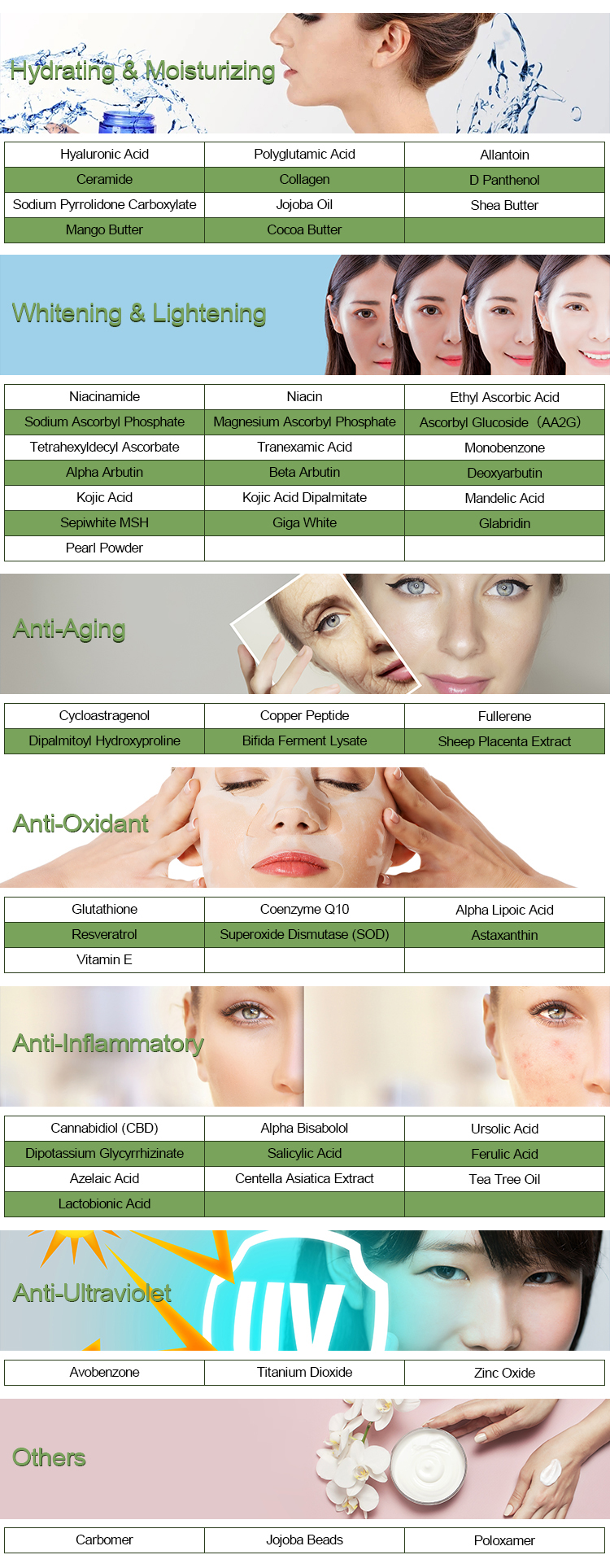As of my last knowledge update in September 2021, Isosorbide dimethyl ether (ISDME) was not a widely known or studied compound. However, I can provide you with some general information about isosorbide and its derivatives, which might be relevant to your query.
Isosorbide is a sugar-derived compound that has been investigated for various applications, including its potential as a renewable resource in the production of bioplastics and other materials. Isosorbide dimethyl ether could potentially be a derivative of isosorbide with its own set of properties and uses.

Effectiveness of Isosorbide Dimethyl Ether:
The effectiveness of isosorbide dimethyl ether would largely depend on its intended application. If it’s being explored for medical use, it would likely require rigorous testing and clinical trials to determine its effectiveness for specific medical conditions. If it’s being studied for industrial or material applications, its effectiveness would depend on its properties in comparison to other available compounds.
Side Effects of Isosorbide Dimethyl Ether:
Without specific information on isosorbide dimethyl ether and any related studies, it’s challenging to provide details about potential side effects. However, isosorbide itself is used in the medical field as a vasodilator, primarily to treat conditions like angina. It is known to have side effects such as headaches, dizziness, and low blood pressure. Any potential side effects of isosorbide dimethyl ether would depend on its chemical properties, how it interacts with biological systems (if applicable), and the concentrations at which it’s used.
Special Considerations of Isosorbide Dimethyl Ether:
Again, without specific information about isosorbide dimethyl ether, it’s hard to provide precise special considerations. However, when dealing with new chemical compounds, whether for medical or industrial use, there are several important considerations:
- Safety and Toxicity: Extensive safety testing would be necessary to ensure that isosorbide dimethyl ether does not pose health risks to humans or the environment.
- Regulation and Approval: If intended for medical use, regulatory approval from health authorities (e.g., FDA) would be required before it could be prescribed to patients.

- Application-Specific Testing: Depending on the intended application, the compound would need to be tested in relevant conditions. For medical use, this would involve clinical trials, while industrial applications would require testing in specific processes.
- Comparative Analysis: Isosorbide dimethyl ether’s properties and performance would need to be compared to existing compounds used for similar purposes. This would help determine its advantages and disadvantages.
- Long-Term Effects: Understanding the compound’s stability over time and potential long-term effects is crucial, especially in medical applications.
- Environmental Impact: If used in industrial applications, its environmental impact should be assessed, including factors like biodegradability and toxicity.
Remember that information beyond September 2021 is not covered in my current knowledge, so there might have been developments or studies regarding isosorbide dimethyl ether that I’m not aware of. If this compound has gained significance after that date, I recommend consulting more recent and specialized sources or research articles for the latest information.
